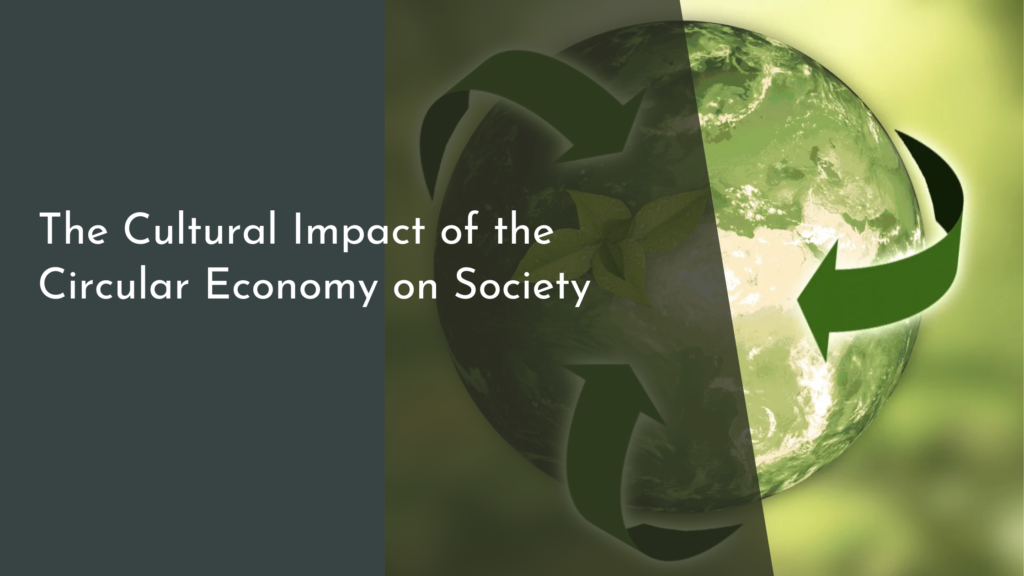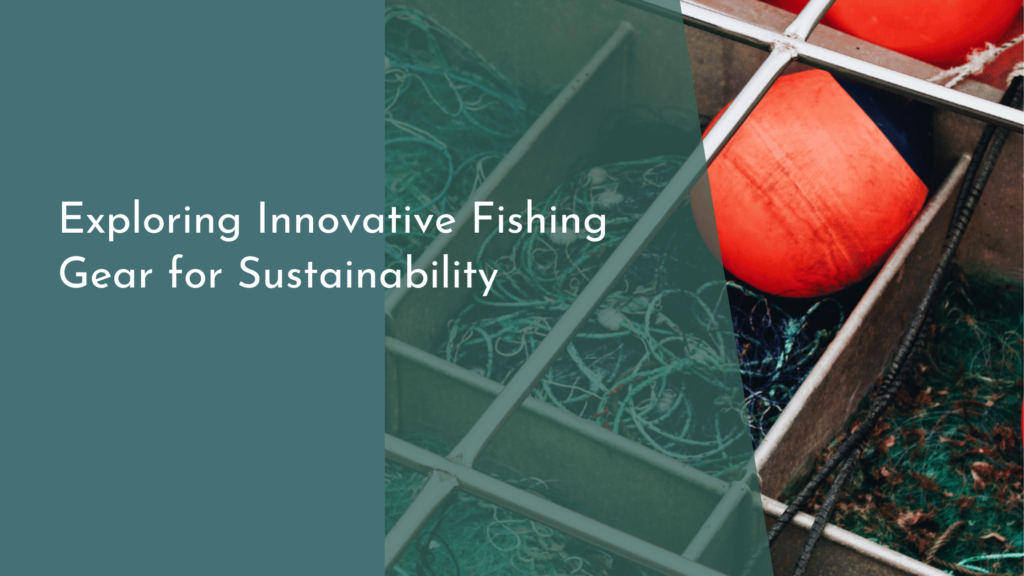Biodegradable Artificial Reefs Made from Plant-Based Materials
The ocean, a vast and mysterious realm, is home to a plethora of marine life, but it faces numerous challenges, including habitat destruction and climate change. In response to these pressing issues, innovative solutions are emerging, one of which is the creation of biodegradable artificial reefs made from plant-based materials. These eco-friendly structures not only support marine ecosystems but also promote sustainable practices that benefit both wildlife and human communities. Join us as we explore the wonders of biodegradable artificial reefs and their positive impact on our oceans!
Discover the Wonders of Biodegradable Artificial Reefs!
Biodegradable artificial reefs are engineered structures designed to mimic the natural habitats of marine life. Unlike traditional concrete reefs, which can take centuries to break down, these innovative reefs are made from sustainable plant-based materials such as bamboo, coconut husks, and other organic composites. As they degrade over time, they release nutrients back into the water, fostering a thriving ecosystem. This natural process encourages the growth of corals, fish, and other marine organisms, creating a vibrant underwater community.
The design of biodegradable artificial reefs is highly adaptable, allowing for a variety of shapes and sizes to suit different marine environments. From shallow coastal waters to deeper oceanic regions, these structures can be tailored to meet the needs of specific habitats. Moreover, their temporary nature means that they can be strategically placed in areas where natural reefs have suffered damage, providing a much-needed refuge for marine life while allowing the environment to recover sustainably.
How Plant-Based Materials Are Revolutionizing Marine Life
Plant-based materials are at the forefront of this marine revolution, providing a sustainable alternative to traditional reef-building materials. These organic substances not only blend seamlessly into the marine environment but also encourage the growth of beneficial organisms, such as algae and small invertebrates, which serve as food sources for larger fish and other marine animals. The use of biodegradable materials also reduces the risk of pollution and long-term environmental damage, making them an ideal choice for ocean conservation efforts.
Additionally, the incorporation of plant-based materials into artificial reefs aligns with global sustainability goals. As the world increasingly recognizes the importance of reducing plastic waste and promoting eco-friendly practices, these innovative reefs serve as a model for how we can harness nature’s resources responsibly. By investing in plant-based solutions, we can help restore marine habitats while simultaneously supporting biodiversity and fostering healthier oceans.
Benefits of Eco-Friendly Reefs for Our Oceans and Wildlife
The benefits of biodegradable artificial reefs extend far beyond just providing habitat for marine life. These eco-friendly structures play a crucial role in enhancing biodiversity, as they attract various species, including fish, crustaceans, and even migratory birds. By creating a safe haven for these organisms, biodegradable reefs contribute to the overall health of marine ecosystems, promoting the recovery of endangered species and supporting sustainable fisheries.
Moreover, biodegradable artificial reefs can also have positive economic impacts on local communities. By attracting tourists and divers, these reefs can boost eco-tourism, providing jobs and income for coastal populations. The presence of thriving marine life can also enhance fishing opportunities, ensuring that local fishermen can continue to provide for their families while maintaining the delicate balance of marine ecosystems. In this way, biodegradable reefs not only support wildlife but also foster economic resilience in coastal communities.
Join the Movement: Supporting Sustainable Reef Solutions!
As awareness of the importance of marine conservation grows, individuals and organizations alike are encouraged to support sustainable reef solutions. By advocating for the use of biodegradable artificial reefs, we can contribute to the restoration of our oceans and promote a healthier planet. Whether through donations, volunteering for local conservation projects, or simply spreading the word about the benefits of eco-friendly reefs, every action counts in the fight for marine preservation.
Additionally, businesses and governments can play a pivotal role in this movement by investing in research and development of plant-based materials for reef construction. Collaborations between scientists, environmentalists, and industry leaders can lead to innovative solutions that benefit both marine ecosystems and local economies. Together, we can create a brighter future for our oceans, ensuring that they continue to thrive for generations to come.
In conclusion, biodegradable artificial reefs made from plant-based materials represent a promising solution to the challenges facing our oceans. By providing habitat for marine life, promoting biodiversity, and supporting local economies, these eco-friendly structures are paving the way for a sustainable future. As we embark on this journey toward marine conservation, let us embrace the wonders of biodegradable reefs and join the movement to protect our precious oceans. Together, we can make a difference!



